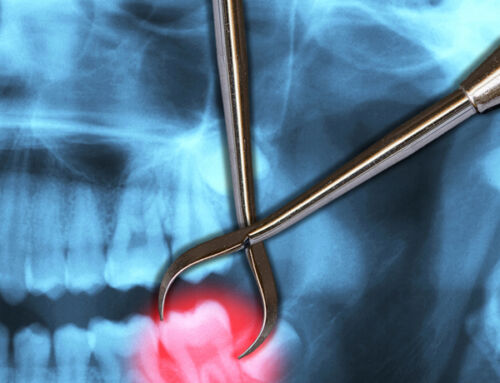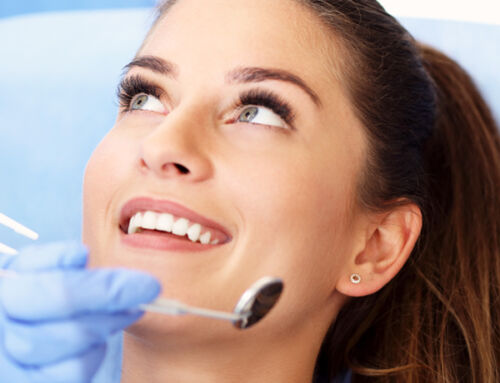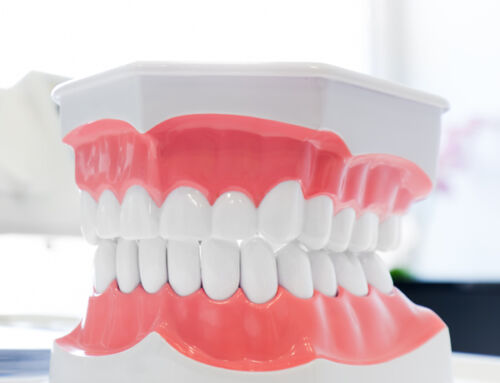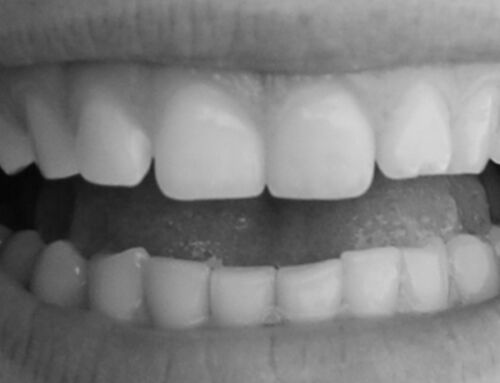If you are suffering from jaw pain whenever you open or close your mouth, you may be suffering from a TMD. TMD or temporomandibular disorder is a condition that affects your jaw joints. Others may also call this TMJ. But, TMJ actually means temporomandibular joint which refers to the delicate joint that is affected by this disorder.
At Chinook Dental Group, we offer personalized dental services and professional oral health education. This includes understanding about the TMJ and TMD. If you feel that you have problems with your jaw joints, here are a few things to keep in mind…
Understanding TMJ
The temporomandibular joints (TMJ) are two joints located next to the ears. They connect your lower jaw to your skull which allows for complex movements of the jaws that are necessary for your daily life. It helps you breathe, eat, and speak properly.
Because the TMJ is so small and delicate, it is prone to getting damaged, inflamed, or irritated. When this occurs, the TMD or temporomandibular disorder occurs.
Introducing TMD
Temporomandibular disorder (TMD) causes pain and tenderness in your jaw joints and the surrounding muscles. This results in pain which can be felt on the side of the face, down to the neck, and even up to the ears and temples. Eventually, this will cause problems with opening and closing the mouth and make eating and speaking difficult.
Some TMDs last only a short time and go away on their own. However, most cases become chronic. Some patients also experience symptoms that worsen over time. This occurs when the nerves of the face and jaws become affected, causing widespread pain.
Causes of TMD
Some of the most common causes of TMD are:
- Excessive strain on the jaws – if you are used to eating hard or chewy foods or if you frequently grind or clench your teeth, this can put unnecessary strain on the jaw joints and muscles. Without proper habit management, this can be a cause of TMD.
- Arthritis – arthritis is a common condition that affects older people and it causes stiffness and inflammation of the joints. It may occur with the TMJ due to normal wear and tear of the joint over time.
- Trauma – dislocation of the jaw or trauma to the head and neck due to an accident may also cause TMD.
- Stress – stress is one of the leading causes of bruxism which is the habitual, involuntary teeth grinding. This puts pressure on the jaw joints and muscles, leading to TMD if left untreated.
Signs and Symptoms of TMD
The most common sign of TMD is jaw pain that may spread to the face, neck, ears, and head. Aside from this, other signs and symptoms include:
- Headaches
- Limited mouth opening
- Difficulty in opening and closing the mouth
- Earaches and/or ringing in the ears
- Clicking or popping of the jaw
- Locking of the jaw
- Limited mouth motions
- Clenching or grinding of the teeth
- Dizziness
- Teeth sensitivity
- Numbness or tingling sensation in the fingers
- Bite issues
Diagnosis of TMD
TMD is diagnosed with a dental check-up and a thorough physical examination. To properly assess your condition, your dentist or healthcare provider will:
- Observe your mouth opening and closing and determine your range of motion
- Press against your jaw joints and face to identify areas of discomfort
- Feel the jaw joints during mouth movements to check jaw clicking
Other tests that can be used to assess the health of the TMJ are dental X-rays (full mouth and lateral), CT scans, MRI, and TMJ arthroscopy.
Treatment Options for TMD
Treatment and management for TMD depend on the existing signs and symptoms and the cause and severity of the pain. Ideally, noninvasive options such as medications, habit management, and nonsurgical treatments are done first. If the symptoms do not improve, jaw surgery should be considered.
Medications
Drugs for TMD can be taken to relieve pain and inflammation of the jaw joints or release strain on the jaw muscles. This includes:
- Pain relievers
- NSAIDs
- Muscle relaxants, which can help with teeth grinding and clenching
Mouthguards
A mouthguard is a protective device worn over the biting surfaces of the teeth. It is recommended for patients who clench and grind their teeth. It prevents damage to the teeth while relieving pain in the jaw joints.
Trigger point injections
Your dentist or healthcare professional will inject muscle-relaxing substances such as steroids or botox to release painful knots and relieve TMJ pain.
Transcutaneous Electrical Nerve Stimulation (TENS)
This is a method that uses safe, low-level electrical currents directed to tense jaw muscles. It effectively releases pressure to help with any discomfort.
Habit management
Stress management techniques such as meditation and relaxation are some ways to improve jaw strain which can also positively affect your TMJ. Also, laying low on hard and chewy foods can lessen or eliminate the signs and symptoms associated with TMD.
If these non-invasive procedures do not work, TMJ surgery such as arthrocentesis, TMJ arthroscopy, and open-joint surgery are some options that your dentist can look into. This involves reshaping the bone and repositioning the joint for a healthier TMJ.
Prevention Strategies for TMD
Some TMD causes such as involuntary clenching and arthritis with old age are unavoidable. But the symptoms can still be prevented. Here are some tips that can help reduce your risk:
- Wear a mouthguard if you grind your teeth at night
- Practice good posture
- Involve yourself in stress reduction techniques
When to See Your Dentist
The earliest signs of TMD are clicking of the jaws and pain. While this can be a sign of a different condition, it is always best to see your dentist or healthcare provider as soon as possible. The earlier the diagnosis, the earlier they can help relieve the symptoms and improve your overall health in the long run.
Early treatment also prevents chronic TMJ dysfunction which can negatively impact your quality of life in the future.
So, if you have frequent jaw pain, unplaced headaches, and other TMD symptoms as described above, book an appointment with us at Chinook Dental Group for an effective treatment. Our team of specialized dentists can help you discover a personalized treatment plan for a lifetime of healthy smiles.






